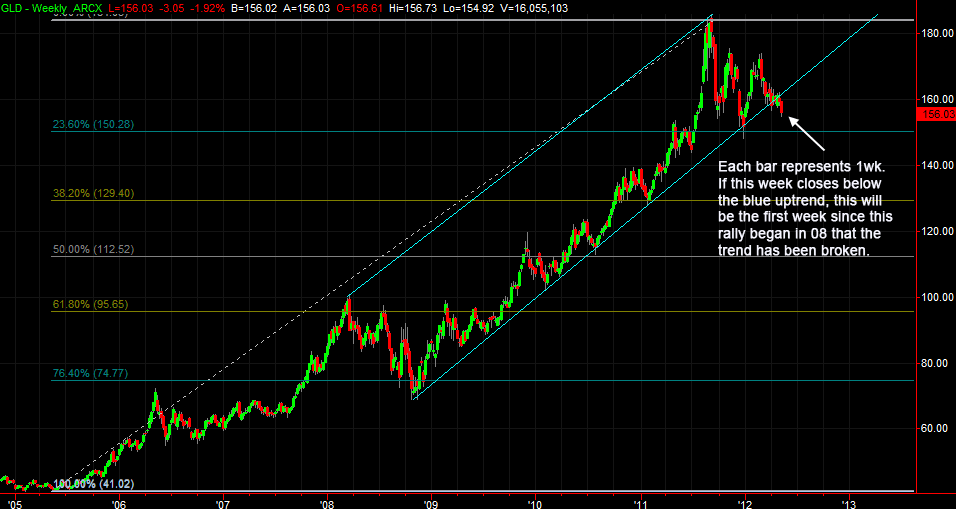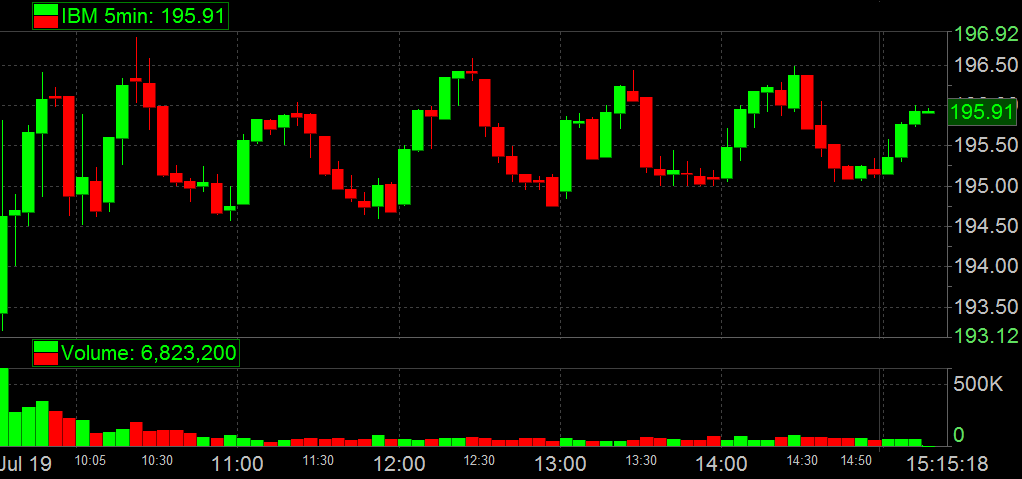How to Win From a Rising Dollar in 2012 (MCD NBG SBUX TEF)
Post on: 11 Июль, 2015 No Comment

In recent years, fears about the long-term prospects of the U.S. economy drove the dollar to historic lows against the local currencies of many countries around the world. Yet with the near-collapse of the euro and continuing problems with the impact that sovereign debt woes could have across the globe, Treasury bills have once again achieved safe-haven status, and the U.S. dollar is acting like the powerful reserve currency it once was.
On its face, that may sound like good news. But you may want to be careful what you wish for, because if dollar strength persists, it could have some serious consequences for prospects for economic growth in the U.S. as well as for your investments.
Decoupling revisited
For a long time, the U.S. dollar tended to trade in the opposite direction of stocks and other risky assets. When the greenback fell. you could count on things like gold and silver, oil, and other commodities to move higher, alongside the stock market.
But over the past several months, you could no longer count on the dollar and high-risk assets to move in opposite directions. Looking at stocks, oil, and the dollar, all three have risen since last fall. And with the U.S. dollar at its highest level against the euro in more than a year, stocks are nevertheless performing well, having recovered far off their October lows and coming close to within spitting distance of multiyear highs as well.
What now?
Going forward, things look less certain for the dollar. Many analysts have become increasingly bullish on the dollar, with a few having called for euro-dollar parity in the not-too-distant future. If the eurozone cracks into multiple currencies, then the resulting chaos may push many investors completely away from Europe.
A rising dollar has positive and negative consequences for investors — and presents both challenges and opportunities. Let’s look at a few.
The direct currency play
Obviously, a rising dollar means that foreign currencies go down. That’s bad news for the euro-denominated CurrencyShares Euro Trust but good news for the inverse leveraged ETF ProShares UltraShort Euro ( NYSE: EUO ) .
Although the 2x leveraged ETF is a dangerous tool to use for an extended holding period, a straight-down move for the euro could give you an outside return on your investment. Alternatively, selling the CurrencyShares ETF short or using a bearish options strategy would give you a less risky way to bet on the euro’s further decline.
Protecting your stocks

The other angle you have to consider is that multinational corporations that get a big portion of their profits from overseas will see their profits fall in dollar terms. For instance, McDonald’s ( NYSE: MCD ) and Starbucks ( Nasdaq: SBUX ) have both seen big boosts in profits during times of dollar weakness as their international revenue translates into greater numbers of dollars on its accounting statements.
If the dollar rises, then that relationship reverses. Suddenly, the foreign currency they earn abroad is worth less in dollars and earnings start to fall. That can be a big depressant against what seems like a bullish time overall.
Go shopping!
Conversely, if you already have dollars and want to invest internationally, then dollar strength presents the perfect time to pick up foreign stocks on the cheap. Obviously, stocks in these regions carry a lot of risk — buying shares of National Bank of Greece ( NYSE: NBG ) is still incredibly speculative even if you get a slightly better deal from a cheaper euro, as the risk of loss from a government sovereign debt restructuring far outweighs the currency benefits.
But some stocks are still worth a look. Telefonica ( NYSE: TEF ) recently announced it would cut its 2012 dividend to 1.50 euros per share from 1.60 in 2011, with only 1.30 euros coming in cash. Yet it still has a huge dividend yield, and despite concerns, its restructuring toward emphasizing its digital businesses over legacy landlines is still proceeding apace. Even if it hits short-term bumps. the company has a promising long-term future.
If you want even more ideas, our top pick for 2012 has an international angle to it as well. Let me invite you to read The Motley Fool’s latest special report, in which we reveal the name of this promising prospect. But don’t wait long — join the thousands who’ve already found out about it by clicking here today .
Fool contributor Dan Caplinger has a nice collection of foreign currency. You can follow him on Twitter here. He doesn’t own shares of the companies mentioned in this article. The Motley Fool owns shares of Telefonica and Starbucks and has set up a synthetic short position on CurrencyShares Euro Trust. Motley Fool newsletter services have recommended buying shares of McDonald’s and Starbucks. Try any of our Foolish newsletter services free for 30 days. We Fools may not all hold the same opinions, but we all believe that considering a diverse range of insights makes us better investors. The Fool’s disclosure policy is good around the world.














